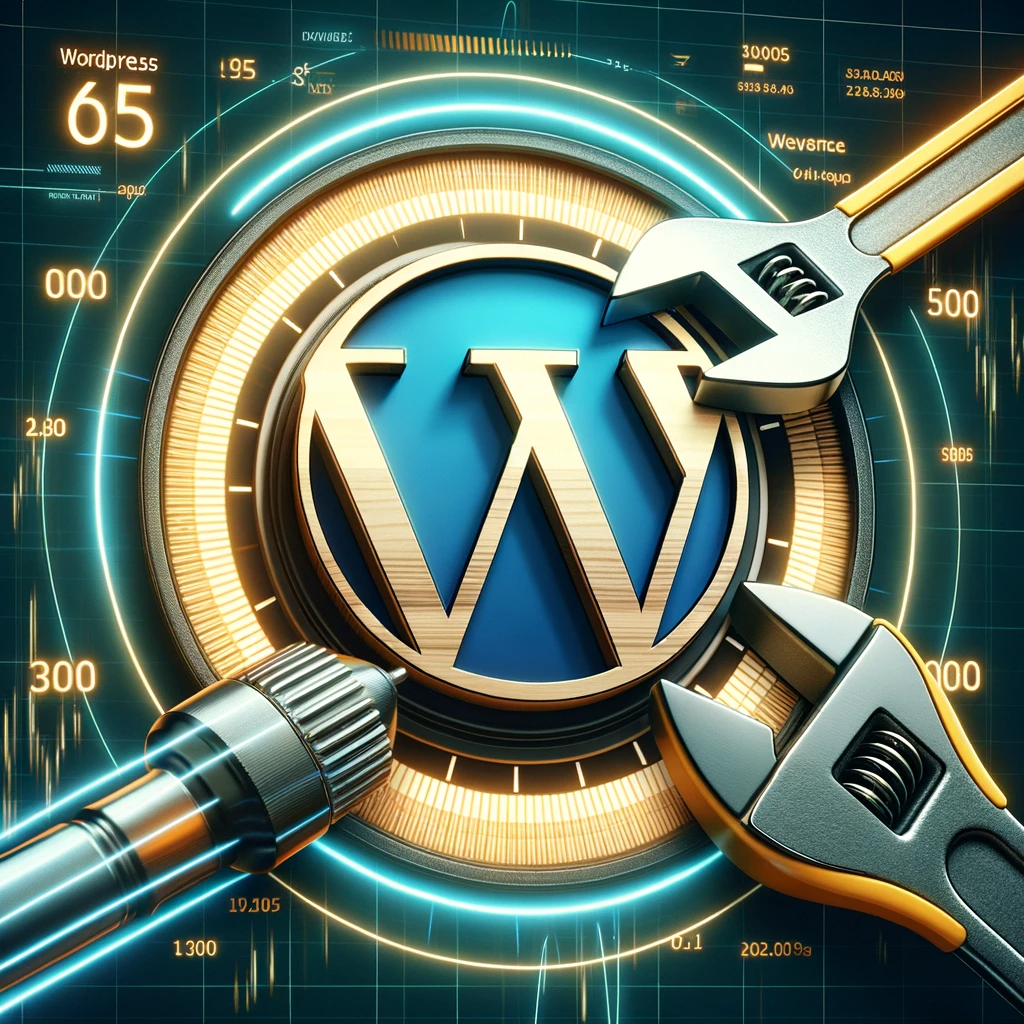Introduction:
The speed of your WordPress website is crucial for more than just your visitors’ experience and your search engine rankings. A slow website can significantly hinder your productivity, especially when backend pages take ages to load. This article delves into 21 ways to enhance your site’s performance, ensuring an efficient and smooth experience for both you and your users. And for professional optimisation, remember SmallByte Technology Solutions is here to assist.
Content:
- Choose a Reliable Hosting Service: The foundation of a fast website is reliable hosting. Premium services like SiteGround, Bluehost, and DigitalOcean offer optimised environments for WordPress, ensuring faster load times and better resource management. Good hosting not only affects site speed for visitors but also the efficiency of backend operations.
- Use an Effective Caching Plugin: Caching is a key to quick load times. Plugins like W3 Total Cache or WP Super Cache store a static version of your pages, significantly reducing server load and page loading times. This not only speeds up the front end for users but also the back end for site administrators.
- Optimise Images for Speed: High-resolution images can slow down your site. Tools like TinyPNG help compress image files without losing quality, ensuring your pages load faster, which is essential for maintaining a swift backend as well.
- Minimize HTTP Requests: Reducing the number of elements (scripts, images, CSS files) that need to be loaded on each page enhances speed. Analyze your site using tools like GTmetrix to identify and minimize these requests.
- Use a Content Delivery Network (CDN): CDNs like Cloudflare distribute your content across global servers, reducing the distance data travels and speeding up your site for users worldwide. This also means quicker access to your content from any location, facilitating smoother site management.
- Optimise CSS and JavaScript Files: Streamlining these files can significantly improve load time. Use plugins like Autoptimize to automate this process, enhancing both front-end and back-end efficiency.
- Limit the Use of Plugins: While plugins add functionality, they can also slow down your site. Regularly review and remove unnecessary plugins to keep your site lean and fast.
- Keep WordPress, Themes, and Plugins Updated: Besides security, updates often include performance improvements. Keeping your site up-to-date ensures optimal speed and efficiency.
- Optimise Your Database: Regularly cleaning your database helps maintain its efficiency. Use tools like WP-Optimize for easy maintenance.
- Use Lazy Loading for Images and Videos: This technique, where media files are loaded only as needed, saves bandwidth and speeds up page load times. Lazy Load by WP Rocket is an excellent plugin for implementing this.
- Enable GZIP Compression: GZIP compression reduces the size of your files, accelerating their transfer to the browser. This not only speeds up the site for visitors but also reduces the load time of your WordPress dashboard.
- Minimize Redirects: Excessive redirects create additional HTTP requests, slowing down your site. Keep them to a minimum to enhance both front-end and back-end loading speeds.
- Implement AMP (Accelerated Mobile Pages): AMP offers fast-loading, mobile-optimised content, improving the mobile user experience and speeding up content management on mobile devices.
- Disable Hotlinking and Leeching of Your Content: Hotlinking can consume your bandwidth and slow down your site. Disable it to ensure your resources are used solely for your visitors and your own access.
- Use a Lightweight WordPress Theme: The theme you choose greatly impacts site speed. Themes like Astra and GeneratePress are optimized for speed, ensuring a quick-loading frontend and a responsive backend.
- Monitor PHP Updates and Performance: Using the latest PHP version can significantly improve site performance. Keep an eye on PHP updates for a faster, more secure website.
- Optimise Background Processes: Schedule tasks like backups during low-traffic periods to minimize their impact on site speed.
- Use Excerpts on Homepage and Archives: Displaying full posts can slow down these pages. Use excerpts to keep them fast and efficient.
- Optimise for Mobile Devices: A mobile-optimised site is not only good for SEO and user experience but also makes managing your site on mobile devices more efficient.
- Regularly Perform Speed Tests: Use tools like Pingdom to keep tabs on your site’s performance, helping you stay on top of any issues that might slow it down.
- Consider a Professional Optimisation Service: For comprehensive optimisation, consider reaching out to SmallByte Technology Solutions. They can handle the technical aspects, ensuring both your site and your management experience are as fast and efficient as possible.
Conclusion:
Speeding up your WordPress site improves not just user experience and SEO but also your own efficiency in managing the site. Implement these 21 strategies to see a significant boost in performance. For expert help, don’t hesitate to contact SmallByte Technology Solutions.

